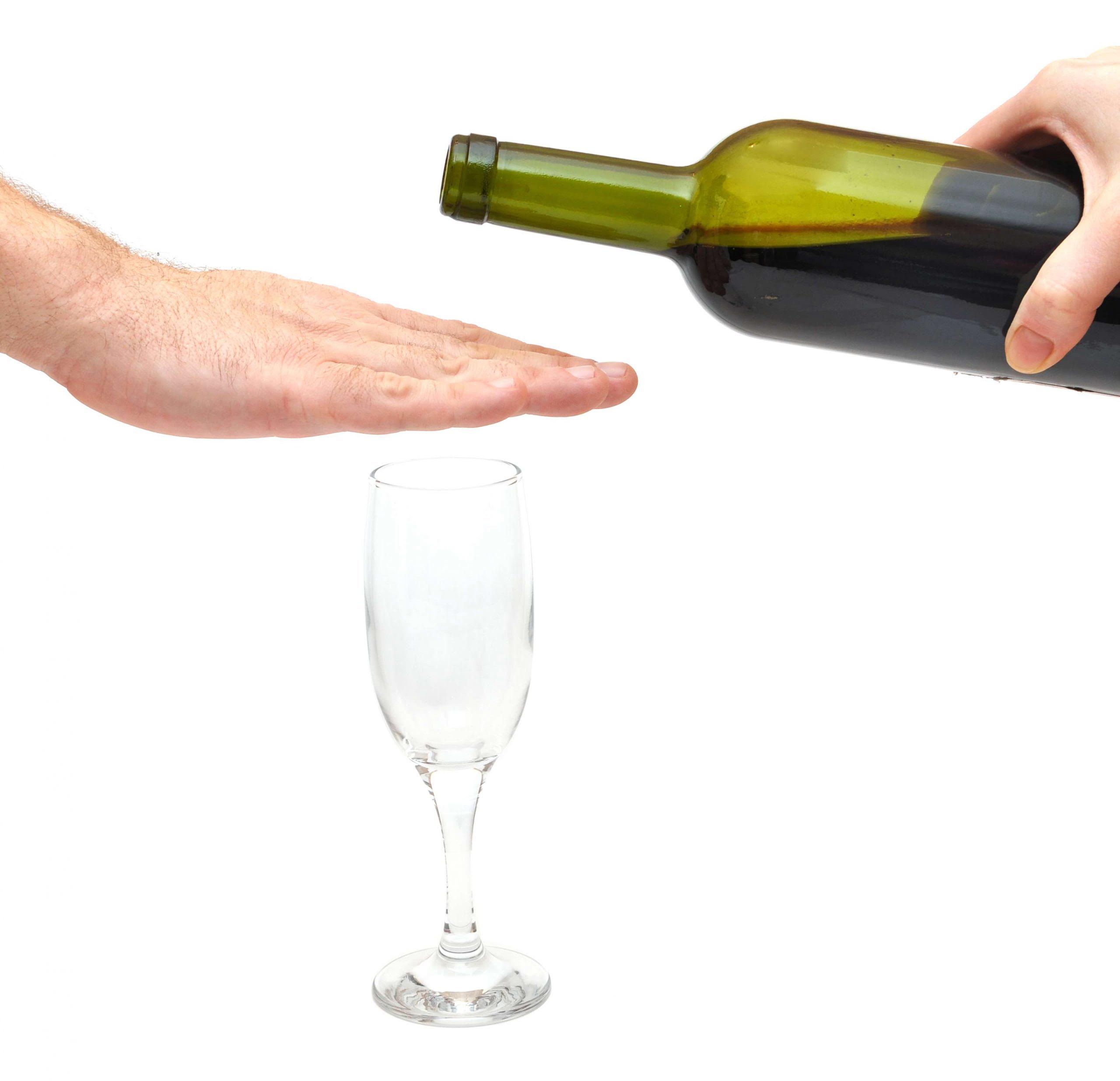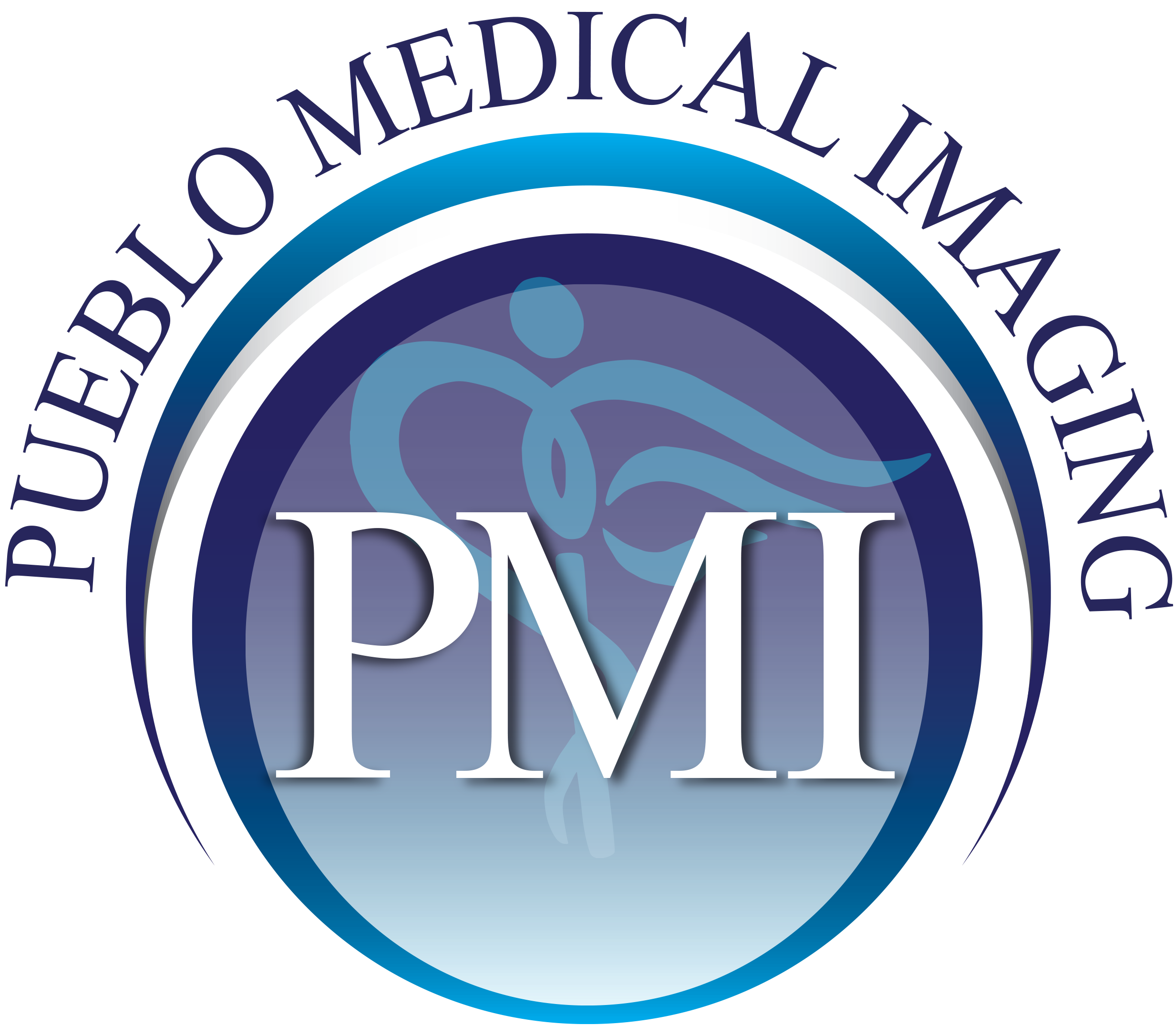Content
In 2011, it was estimated that 252.7 days are lost across the US Workforce due to the symptoms of Insomnia, every year. 5 Risks When Drinking Alcohol In The Summer SunSummer is a wonderful time to go outside and enjoy outdoor activities.
It appears to be a safe sedative/hypnotic choice in patients with mild-to-moderate insomnia . Nevertheless, no studies among substance users have been reported to date. Melatonin, an OTC food supplement, is a brain chemical implicated in sleep regulation that has been used with mixed results and seems to be more successful among people with low endogenous levels.
While early sobriety can be challenging, for this reason, experiencing life without alcohol means that you must learn new coping mechanisms and social skills. The physical consequences of heavy alcohol use, such as liver damage and high blood pressure, are well known. Alcohol use at any level, however, is also bad news for the brain. I am the State Outreach Director for SMART Recovery USA here in our headquarter state of Ohio. I also lead a number of meeting per week, including tool focus meetings that help our participants understand and utilize our CBT criteria more easily. I often use your articles and tips during my meetings as a welcome change of pace that coiensides with the rational methods of recovery we use in our program. I promise you there is nothing happening on Twitter worth sacrificing your physical, mental, and emotional wellbeing for, which is what we do every time we start playing around with our sleep.
Kranzler HR. Evaluation and treatment of anxiety symptoms and disorders in alcoholics. Ciraulo DA, Nace EP. Benzodiazepine treatment of anxiety or insomnia in substance abuse patients. Whether you listen to calming music, read a book, or take a warm bath, establishing a relaxing evening routine will help improve your sleep.
Alcohol And Melatonin: Is The Mixture Harmful?
Between 25 and 72 percent of people in treatment for an alcohol use disorder complain of sleep problems, according to the Substance Abuse and Mental Health Services Administration . These sleep issues can include insomnia, disrupted sleep patterns, sleep apnea, or other sleep-disordered breathing. SAMHSA statistics indicate such sleep problems can last weeks, months, or even years after drinking stops. In the Western world about 15% of people have problems with alcohol use disorder at some point in time.
- Drinking a light to moderate amount of alcohol before bed may not have much of an impact.
- If you turn to booze to help you snooze, you could be messing with the quality of your sleep.
- Ideally, you should wake up and go to bed at the same time each day.
- Sleep maintenance insomnia means you have a hard time staying asleep, or even if you get eight hours of sleep, it is not restful sleep.
One review suggested that with continued consumption until bedtime, alcohol’s disruptive effects continued or increased and its sleep-inducing effect may decrease . Alcoholic insomnia during withdrawal is caused by the body and mind adjusting to life without booze. In addition to experiencing nausea, tremors, and other physical symptoms, people trying to stop drinking often experience anxiety, excitement, and worries about the future. Also, people in inpatient recovery programs can find it hard to relax and sleep in a rehabilitation center’s unfamiliar environment.
How Long Sleeping Issues Last After Quitting Drinking
When I began taking DLPA in the mornings, I began feeling better almost instantly. This supplement contains precursors to pain-relieving endorphins and energy-giving adrenaline.

Medical Reviewers confirm the content is thorough and accurate, reflecting the latest evidence-based research. Content is reviewed before publication and upon substantial updates. There are also several steps you can take to improve your quality of sleep and quality of life. Some you can adopt on your own, and some are under the supervision of a health professional. If you think that you might have alcohol withdrawal, you can try using Ada to find out more about your symptoms. Here’s why alcohol before bed actually interferes with you getting the rest you need.
Alcohols Lasting Effects On Sleep
Various adaptations occur such as changes in gene expression and down regulation of GABAA receptors. During acute alcohol withdrawal, changes also occur such as upregulation of alpha4 containing GABAA receptors and downregulation of alpha1 and alpha3 containing GABAA receptors. Neurochemical changes occurring during alcohol withdrawal can be minimized with drugs which are used for acute detoxification. With abstinence from alcohol and cross-tolerant drugs these changes in neurochemistry gradually return towards normal. Adaptations to the NMDA system also occur as a result of repeated alcohol intoxication and are involved in the hyper-excitability of the central nervous system during the alcohol withdrawal syndrome. Homocysteine levels, which are elevated during chronic drinking, increase even further during the withdrawal state, and may result in excitotoxicity. Alterations in ECG and EEG abnormalities may occur during early withdrawal.
Then I received the unexpected gift of sleeping in a room with blackout curtains, a breezy ceiling fan, and no baby monitor. To the greatest extent possible, remove everything that distracts you from sleep.
Take Control Of Your Life
Keep your eyes off the clock, and focus on feeling relaxed enough to fall asleep. One of the most common side effects of detoxing tends to be insomnia. In order to get back on a regular sleeping pattern and avoid the additional effects of staying up all night, here are some tips for dealing with insomnia whiling detoxing. Not surprisingly, the essential principles that underlie healthy sleep are most consistent with those critical to alcohol recovery.
Recovery Diaries: Catherine, Age 39, 4 Years Sober – Healthline
Recovery Diaries: Catherine, Age 39, 4 Years Sober.
Posted: Tue, 14 Sep 2021 07:00:00 GMT [source]
Plus, it disrupts the important REM stage of sleep and may interfere with your breathing. Try skipping alcohol, especially in the late afternoon and evening, for more restful shut-eye.
Can You Take Melatonin With Alcohol?
You may also want to try progressive muscle relaxation, aromatherapy, bright light therapy, and biofeedback exercises, which your mental health therapist can teach you. Lack of sleep leads to both physical and mental health dangers. Every single part of your body is affected negatively when you don’t get quality sleep. Your skin can develop rashes and become dry, you may find it hard to focus, and your blood pressure can rise, leading to heart disease or stroke. If you are currently experiencing insomnia after quitting alcohol, you are probably wondering how long it will last. That’s not a simple answer due to the many differences in each person’s level of addiction.

Try to be accurate and honest about how much you drink and any problems it may be causing you. Tell us if you feel you have become dependent on alcohol, and if you have found it difficult to fully control your drinking in some way. Once you quit drinking, serotonin production can eventually return to normal.
Study #2
Alcohol withdrawal insomnia is so common that it is one of the diagnostic criteria for alcohol withdrawal. Insomnia from alcohol withdrawal is likely to persist through the initial period of abstinence. Insomnia after alcohol withdrawal may, in some cases, persist for months or years. Insomnia is Addiction one of the largest setback triggers for people in recovery from an alcohol use disorder. For this reason, a person may need to drink increasing amounts to fall asleep, increasing the risk of alcohol abuse and addiction. Researchers have found that insomnia is a risk factor for alcohol abuse.
Spielman AJ, Saskin P, Thorpy MJ. Treatment of chronic insomnia by restriction of time in bed. Edinger JD, Sampson WS. A primary care “friendly” cognitive behavioral insomnia therapy. Snyder S, Karacan I, Salis PJ. Effects of disulfiram on the sleep of chronic alcoholics.
For this reason, it is often used by those who wish to self-medicate. It makes symptoms of anxiety more pronounced and difficult to cope with.
Symptoms can range from mild to severe, and frequently include insomnia and other sleep disruptions. People living with alcohol use disorder should contact specialized treatment facilities in order alcoholic insomnia to successfully manage their condition. In people developing signs of alcohol withdrawal, it is crucial to begin treatment as early as possible to avoid severe symptoms or complications.
If someone is experiencing alcohol withdrawal symptoms, including insomnia, treatment is needed. People dealing with alcohol withdrawal insomnia should avoid taking medications not prescribed by a physician.

Recent Comments